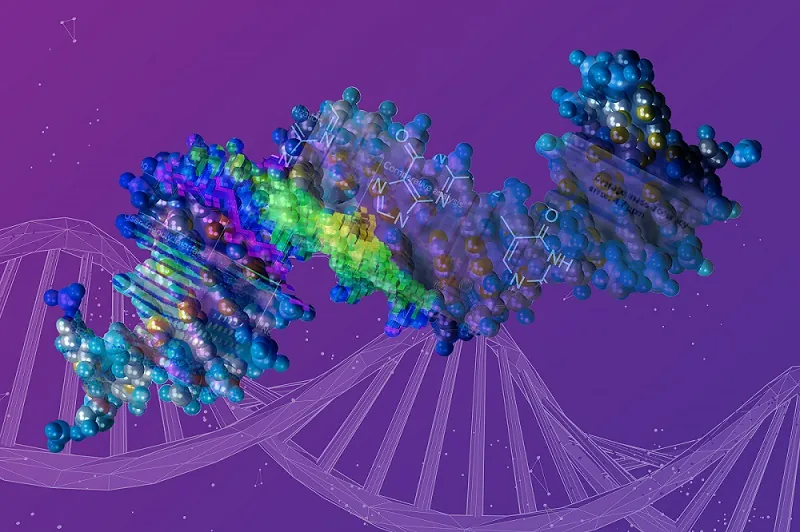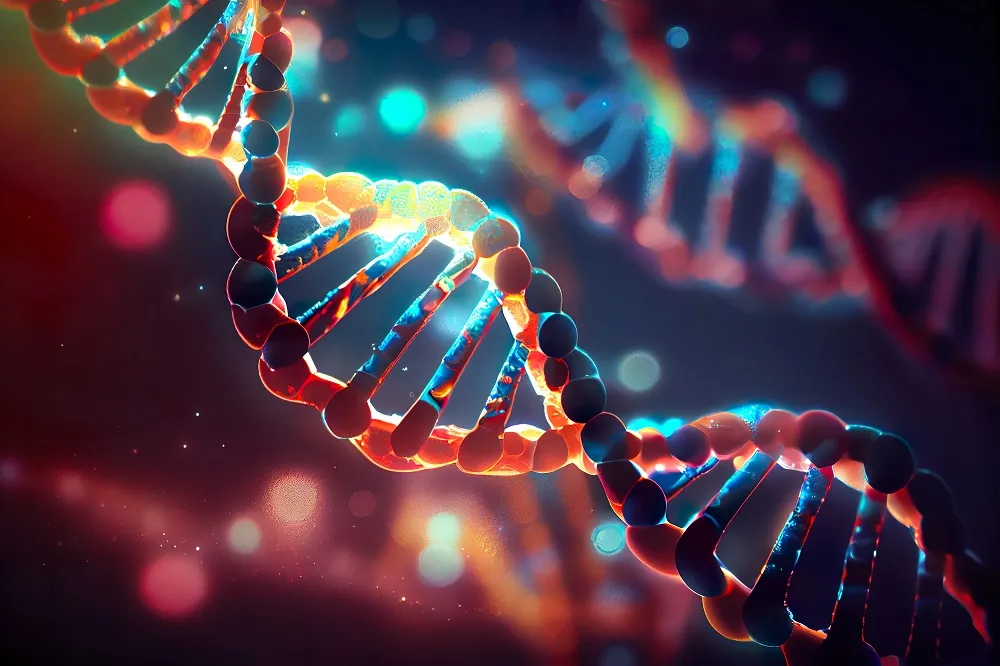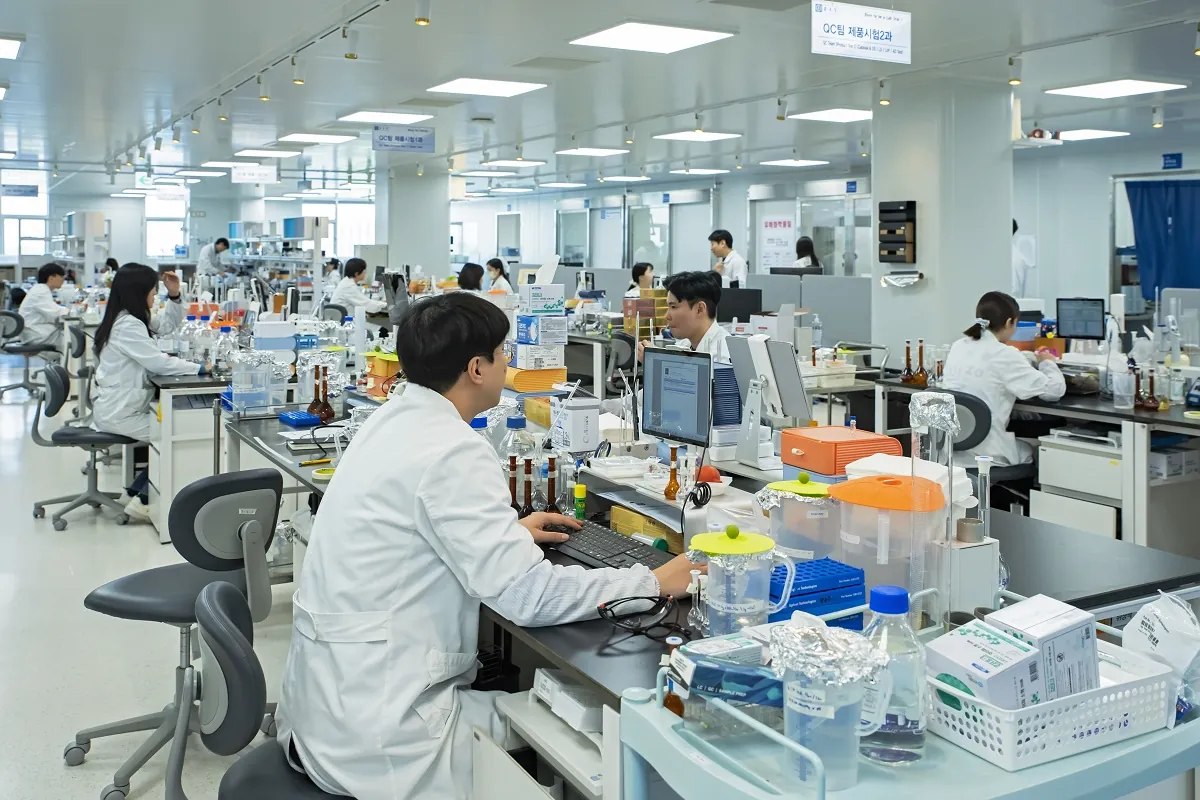OligoWorks SPE Kits: Boosting Oligonucleotide Bioanalysis Efficiency

In the last 10 years, there has been a renewed focus on creating synthetic oligonucleotide drugs, resulting in many new projects and developments in the industry. This resurgence has led to burgeoning pipelines. These short nucleic acid-based therapeutics operate at the level of gene transcription and translation and hold great promise for addressing not only rare inherited disorders, but also historically difficult to treat ailments, such as cardiovascular disease. In October of 2023, Waters introduced OligoWorks SPE Kits and Components for oligonucleotide bioanalysis. Previously, only one SPE extraction kit for oligonucleotide bioanalysis was commercially available. The launch of our OligoWorks SPE product line has empowered bioanalytical scientists by giving them more than one SPE option for extracting oligonucleotides.
Drug Market Approval and Pre-clinical Studies
A Q1 2024 report from The American Society of Gene and Cell Therapy (ASGCT) in collaboration with CiteLine indicates there are now 300+ RNA Interference and 250+ Antisense oligonucleotide therapeutics in the pipeline, representing a 20% increase in the pipeline over the past year with 30% of candidates now in clinical testing.
As with any drug, market approval requires careful quantitative analyses that reveal how well these drugs are absorbed, distributed, metabolized, and excreted within biological systems, starting with pre-clinical animal model studies and moving eventually to clinical trials with human patients provided regulatory approval is obtained. Liquid chromatography mass spectrometry (LC-MS) workflows are most used to make these quantitative measurements, but the accuracy and sensitivity of measurements largely depends on being able to consistently extract oligonucleotides and/or their metabolites from biofluids (plasma, urine, et.al.) or tissue samples. To this end, liquid-liquid extraction (LLE) and solid phase extraction (SPE) are the two dominant extraction techniques used today, and while both work well, LLE is more difficult to scale-up and automate. As such, contract research organizations and pharmaceutical bioanalytical (BioA) labs generally prefer an SPE approach.

What Are the Differences Between the Two Kits on the Market?
As we approach the one-year mark on the launch of OligoWorks SPE Kits and continue to gain experience through our ongoing applications development work and collaborations, we’ve learned that quantitative performance is very much a function of the SPE device/sorbent and protocol working together. While both kits utilize a polymeric mixed-mode sorbent to selectively capture therapeutic oligonucleotides and their metabolites, the sorbent formulations and manufacturing processes are different, giving each its own unique ionic and hydrophobic binding characteristics for selectivity. Consequently, the methods for each are not interchangeable. Using the OligoWorks SPE protocol with a competitor’s microplate instead of an OligoWorks microplate will yield very different results.
- Both kit protocols start with a sample pretreatment step to break the tight binding between proteins and oligonucleotides in biological samples, thus enabling greater oligonucleotide recovery. The methods for achieving this disruption, however, are very different between the two SPE kit-based solutions.
- The protocol from our competitor utilizes a lysis buffer containing Triton-X detergent to denature proteins and inhibit nuclease and protease activity, along with TCEP to reduce disulfide bonds and Cysteine to prevent desulfurization of phosphorothioated oligonucleotides.
- The OligoWorks SPE sample pretreatment protocol by contrast utilizes a detergent-free approach that aims to digest all protein in each sample using a highly active proteolytic enzyme – Waters Rapizyme™ Proteinase-K along with TCEP to reduce disulfide bonds and Guanidine HCL – a protein denaturant that both serve to enhance digestion efficiency.
- While both methods work well, the detergent in the competitors’ protocol often requires additional wash steps, can be more difficult to automate due to frothing, and the final SPE eluate containing the extracted oligonucleotides is not MS compatible and therefore must be evaporated and reconstituted prior to LC-MS analysis.
- The detergent-free OligoWorks SPE protocol by contrast requires fewer wash steps, can be easily automated, and the final eluate is MS compatible, so samples can be directly injected onto an LC-MS system without the need for evaporation and reconstitution.
总结
The field of oligonucleotide therapeutics continues to evolve, driving the development of more sophisticated sample preparation technologies to extract oligonucleotides from biological samples. Solid phase extraction remains the preferred method today given its ability to be scaled up and automated. OligoWorks SPE Kits from Waters offer bioanalytical scientists an automated, detergent-free workflow that produces a concentrated eluate ready for direct LC-MS analysis without evaporation and reconstitution.
其他资源。
热门话题
ACQUITY QDa (17) bioanalysis (11) biologics (14) biopharma (26) biopharmaceutical (36) biotherapeutics (17) case study (17) chromatography (14) data integrity (22) food analysis (12) HPLC (15) LC-MS (22) liquid chromatography (LC) (20) mass detection (16) mass spectrometry (MS) (54) method development (13) STEM (12) sustainability (12)


